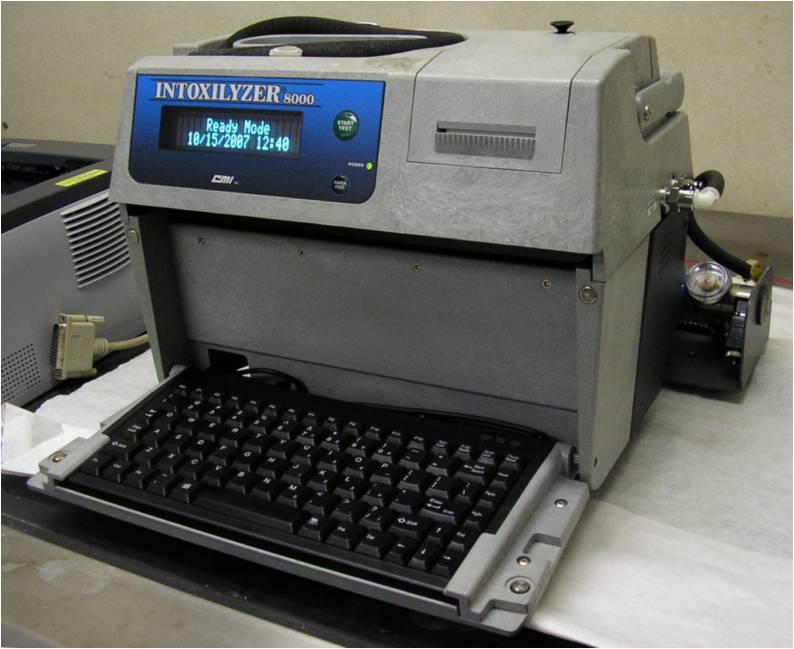Breath testing results excluded from trial because police violated client’s rights
The client faced the difficult situation of being charged with the offence driving while having a blood-alcohol concentration over .08 (“Over 80”) after breath test results from an Intoxilyzer machine showed that the level of alcohol in his blood was well over the legal limit. The law confers a status of near-infallibility upon these breath machines, and an evolving labyrinth of procedural barriers continues to block accused persons and their defence lawyers from getting the information they need in order to properly test their accuracy and functionality. There is, however, a component of these investigations which is not infallible and not so protected from scrutiny: the conduct of the police officers involved. It was against this chink in the armour that Mr. MacDonald advanced the client’s case.
If police violate the constitutional rights of an accused person, the Charter of Rights and Freedoms allows that accused person to apply to the trial judge to have any evidence obtained in the course of the violations excluded from their trial. Unfortunately, the evidence does not get excluded from trial automatically just because a violation of Charter rights has occurred. The accused must establish that the police conduct was serious enough, or that the impact of the violation upon the accused great enough, that it outweighs society’s interest in the evidence being admitted and the trial proceeding on its merits.
At this trial, on the client’s behalf, Mr. MacDonald proved that Charter violations occurred and that the police misconduct was very serious. Through cross-examination of the arresting officer and use of the police cruiser’s in-car camera, he demonstrated that the officer failed to advise the client of his right to call a lawyer after being arrested, and then further violated the client’s rights by questioning him about the crime under investigation before the client had been given any opportunity to speak with a lawyer.
The trial judge found that the officer deliberately violated the client’s rights to counsel in an attempt to get incriminating information from him, and that this conduct was so serious as to be one of the rare cases where the results of the subsequently seized breath samples had to be excluded from trial. With the primary piece of evidence against him excluded, the client was acquitted. His sole objective, of being allowed to continue to drive so that he could work and support his family, had been reached.
